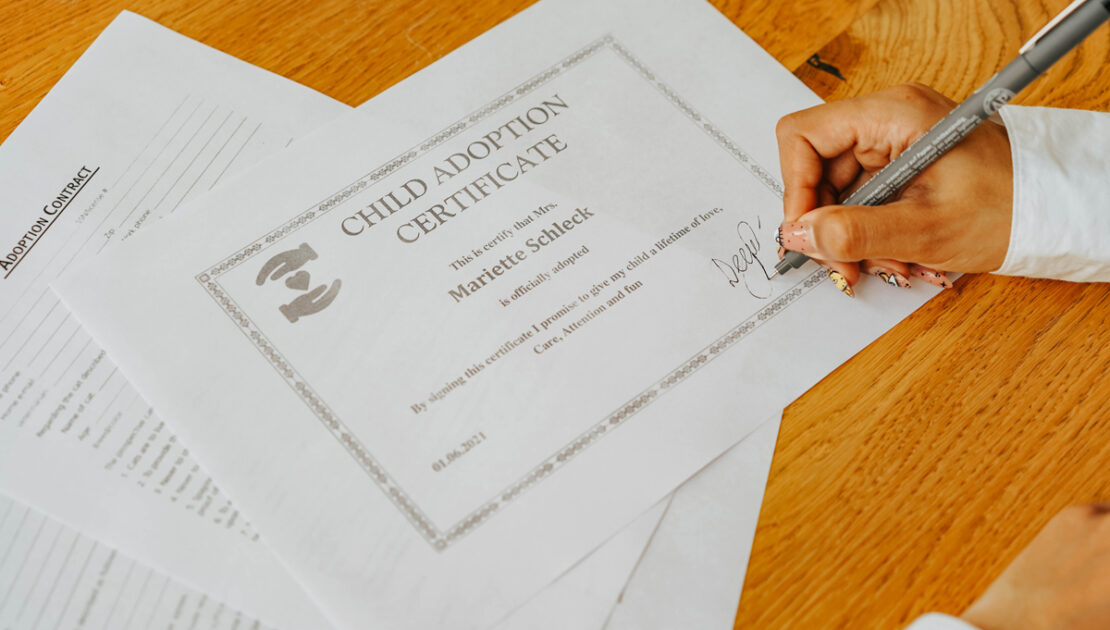
Can I Still Get Financial Assistance After I Deliver My Baby If I Place Her for Adoption?
- February 3, 2023
- Gift of Life Adoptions
- Adoption Info, Adoption News, Adoption Questions
- No Comments
If you are considering placing your baby for adoption because you are not well-equipped to take care of her financially and emotionally, we applaud your selfless, brave decision.
Now that you have made up your mind, you probably have many questions about adoption. One that most birth mothers ask is, “Will I get paid for putting my baby up for adoption?”
The short answer is “NO!”
Finances and adoption are tricky topics when put together. Receiving money in exchange for a baby is illegal in all 50 states of the US. However, this legality does not mean that the birth mother doesn’t get any financial assistance.
Understanding this seemingly contradictory situation can be a little confusing. Therefore, we have written this guide on adoption assistance for birth mothers. It will help you understand what kind of monetary benefits are available to birth mothers, how much, and for how long.
Financial Assistance for Adoption
As said above, every state has its laws regarding adoption. While the government does not offer monetary compensation, adoptive parents may help the birth mother financially. To ensure the adoption proceeds smoothly and there’s no confusion about the open adoption, it’s better to handle it through an adoption agency such as adoption agencies in Florida, Kansas, Texas, Colorado, and Arizona.
Usually, the adoptive parents cover state approved living expenses, and assistance is available for up to 6 weeks after delivery. These expenses may include:
● Food
● Rent
● Other Utilities
● Maternity Clothing
● Transportation
● Phone Service
Keep in mind that assistance is available for up to 6 weeks after delivery of your baby. If the circumstances of the birth mother change, she can request the adoptive parents for further assistance, but they are not obligated to offer it.
How Much Assistance Do Birth Mothers Get
The level of adoption assistance available to a birth mother depends on the state of pregnancy, living situation, and the state they live in. For example, a high schooler living with her parents will not need much assistance because she already has a support system. On the other hand, a woman in her 30s, living on her own and supporting her children, will appreciate any support she can get.
A person’s living situation can change at any time. The birth mother might receive support from her boyfriend, but this support can be lost after a breakup, forcing her to seek a new living situation. An adoption agency intervenes in such situations. The birth mom advocate assigned to your case will understand your financial situation before creating a support package to forward to the adoptive parents.
After 6 weeks post delivery, the birth mother will have to make ends meet by getting a stable job.
The birth mother has control over which family she chooses as the adoptive parents or she may decide to have the agency make the selection of an adoptive family. The adoption agency creates a plan, which includes a budget for the remaining days of the pregnancy. The birth mother is given a list of profiles and can choose one that matches her budget. This budget usually includes all pregnancy-related expenses.
Adoption Assistance
The adoptive parents might pay some of the birth expenses in independent or private adoptions. States such as Florida, Kansas, Texas, Colorado, and Arizona specify the type of expenses an adoptive family can pay in its laws. The actual dollar amount is considered “reasonable and customary.”
The rules for open adoption are the same. However, a contract is signed in advance to finalize the details of how involved the birth mother can be in the child’s life after the adoption.
The expenses the adoptive parents are allowed to pay to the birth mother include the following:
● Counseling fees
● Medical and maternity-related hospital costs
● Lodging, meals
● Temporary living expenses
● Other pregnancy related expenses
Counseling is offered based on a birth mothers needs.
Free Adoption Services
Some birth mothers have no choice but to put their babies up for adoption due to financial constraints. While the adoption assistance they receive covers pregnancy-related costs, the birth mother can sometimes need more than monetary help.
The following services are available 100% free of charge:
● Counseling pre- and post-placement
● Adoption process education so that the birth mother knows what to expect
● Birth mom advocate to help you develop an individualized adoption plan and develop a budget to determine what financial assistance you may need.
● Case Management services to help with pregnancy related issues including prenatal care, housing, food, and transportation. Your Birth Mom Advocate will also help you with the selection of an adoptive family and building a relationship with them.
● Pictures and letter updates until the child turns 18 through Child Connect.
Conclusion
Birth mothers may receive financial assistance for pregnancy related expenses. States may differ in what they allow so it is important to work with a trusted adoption agency for guidance.
So, if you are placing your baby up for adoption, do it for the right reasons.
Do you want to know more about the adoption process? Are you looking for a family wanting to adopt? Visit the Gift of Life Adoptions website or call 1-800-216-LIFE.
